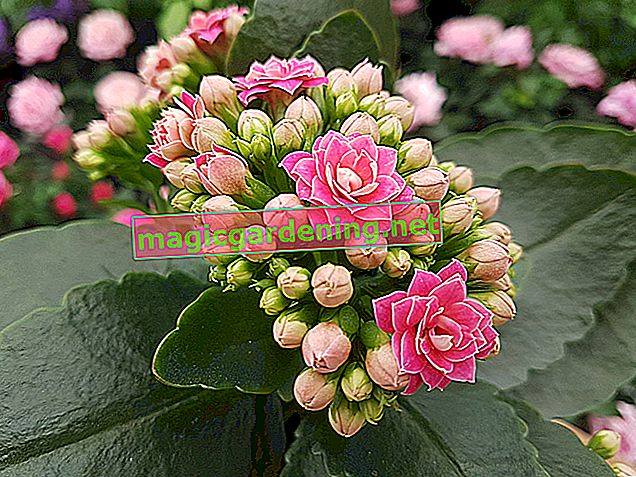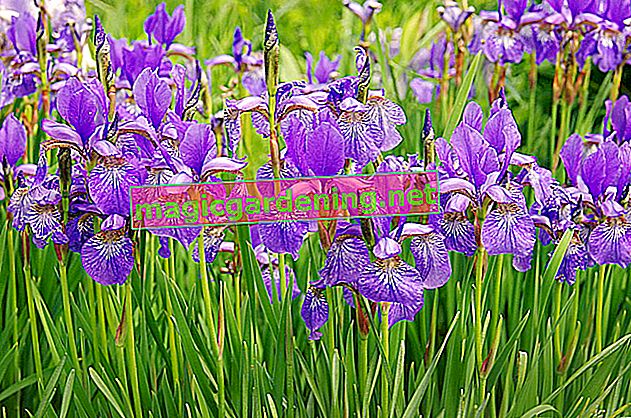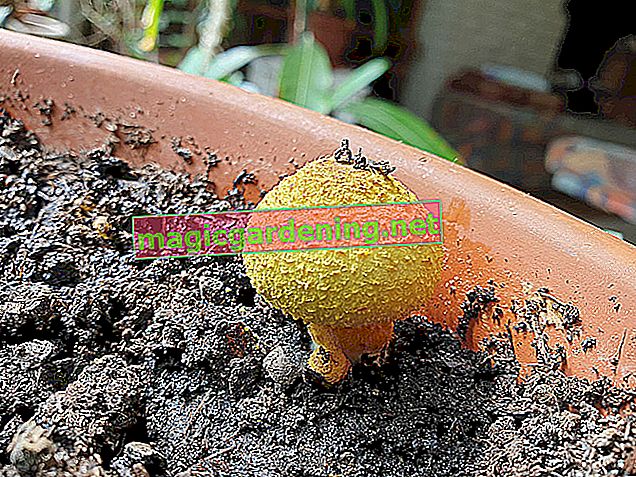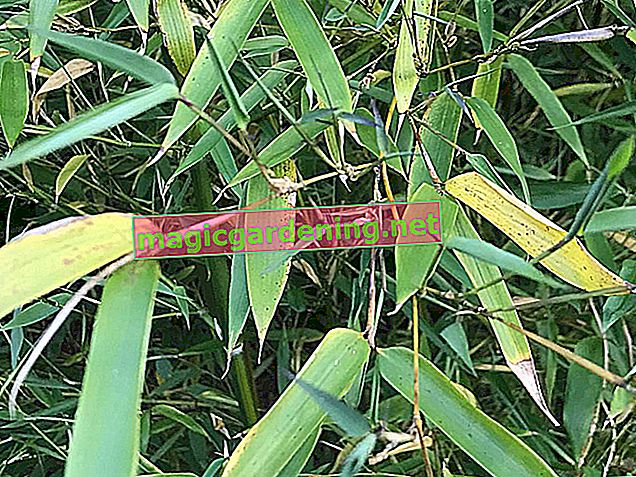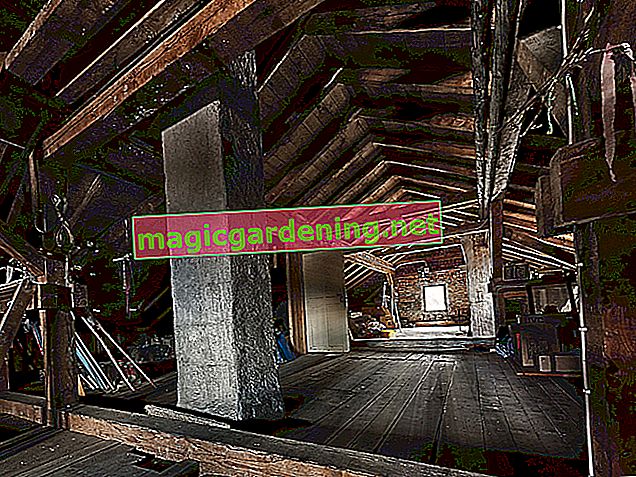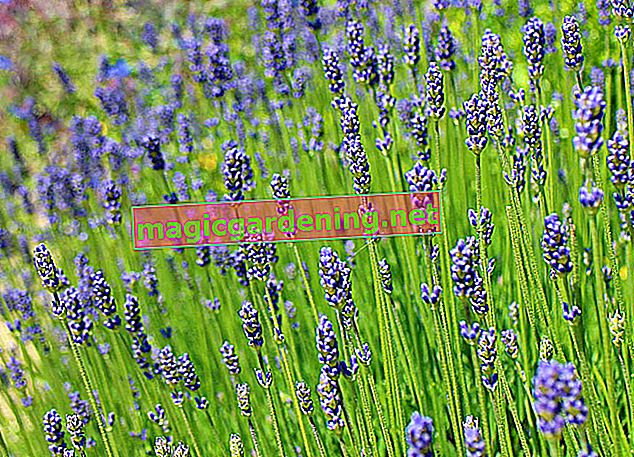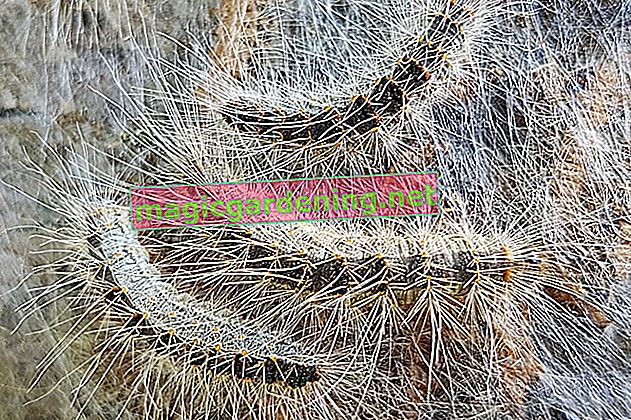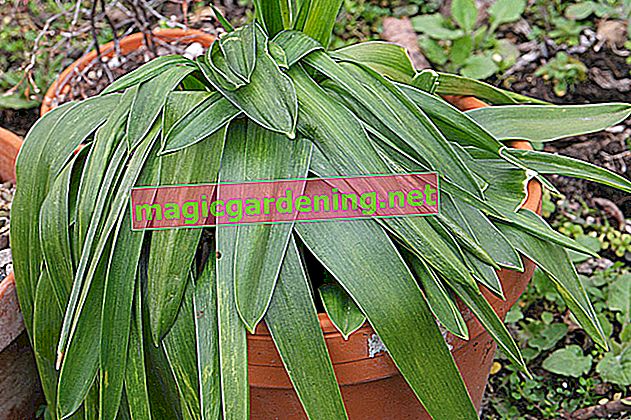
A Mediterranean, not hardy plant
The Peruvian squill originally comes from the Mediterranean region. It occurs from southwest Europe to northwest Africa. This fact means that it does not tolerate severe frost. It is therefore not considered hardy in this country. For this reason, it is usually grown at home in pots.
also read
- Peruvian squill and what care it needs
- The squill - not only protected, but also poisonous
- Improve half-knowledge: the bluestar in the profile
The Peruvian squill can only tolerate brief frosts and temperatures that do not fall below -5 ° C. But even that is not one hundred percent certain. Therefore, you'd better not put it to the test.
Winter time is flowering time
In its homeland, Scilla peruviana blooms in the wild between May and June. In this country, this plant is usually kept in a pot in the home. There it is stimulated in autumn to flower in winter.
The flowers are clustered in a raceme that is vaguely reminiscent of that of the artichoke. Here 40 to 100 individual flowers adorn the large inflorescence. They are hermaphroditic and threefold. Their color can be between blue-purple and white - depending on the variety.
How can this plant get through the winter?
You should put away plants in the winter. Otherwise they will freeze to death. Plants that are already in the pot in the living room, kitchen or elsewhere do not necessarily need to be relocated in winter.
The main thing is that they stand in a frost-free and bright place. The temperatures should be in the range between 10 and 20 ° C. Be careful not to expose the plant to direct sunlight!
Care during the winter time
During the winter time, the Peruvian squill needs a little care:
- water regularly
- Apply liquid fertilizer every 2 weeks
- Ventilate the room well (to avoid dry room air)
- Check for pest infestation
- Remove dead leaves
- cut off inflorescence after flowering
Tips
Caution: No matter how beautiful the Peruvian squill is - it is poisonous! Put it where small children and pets cannot access it.

